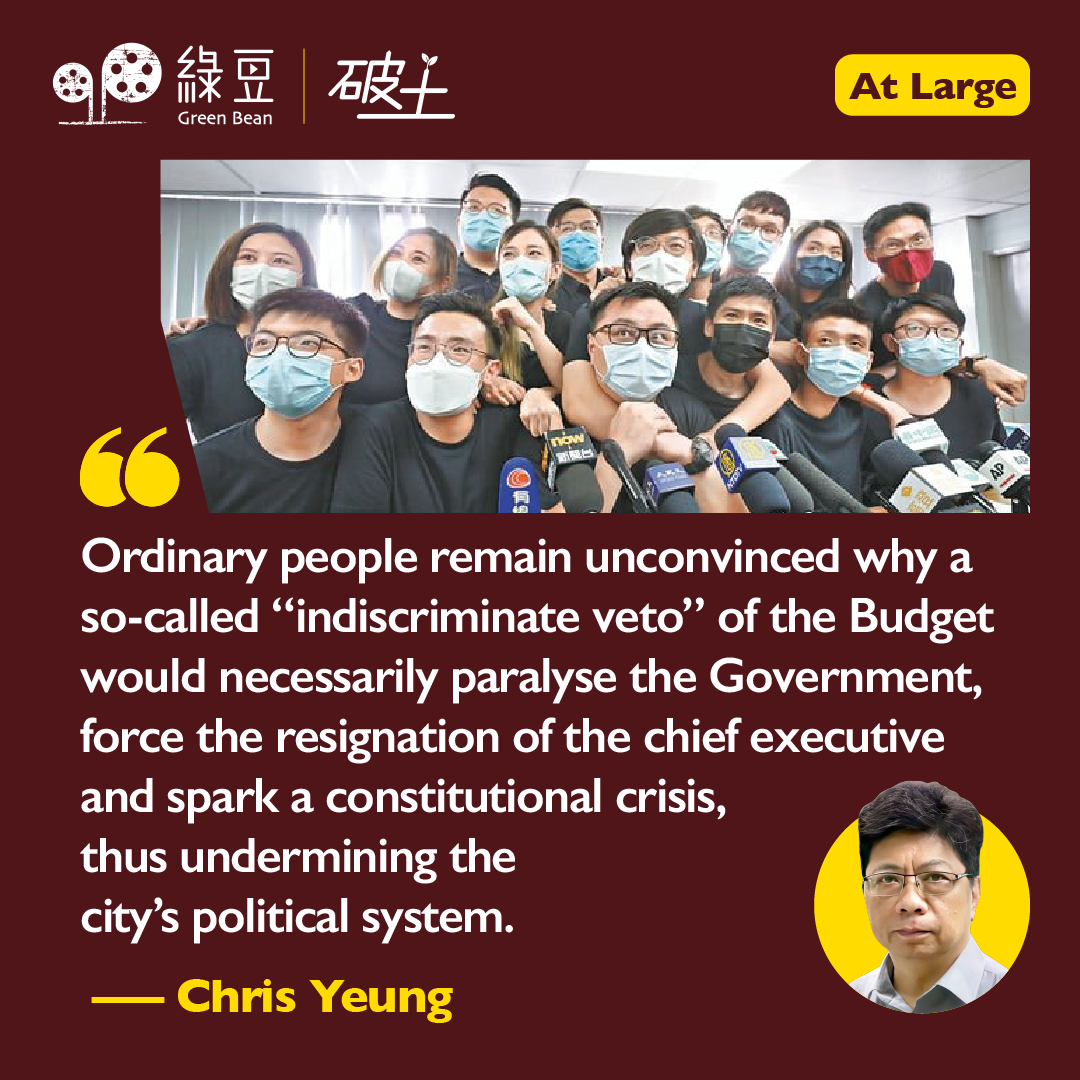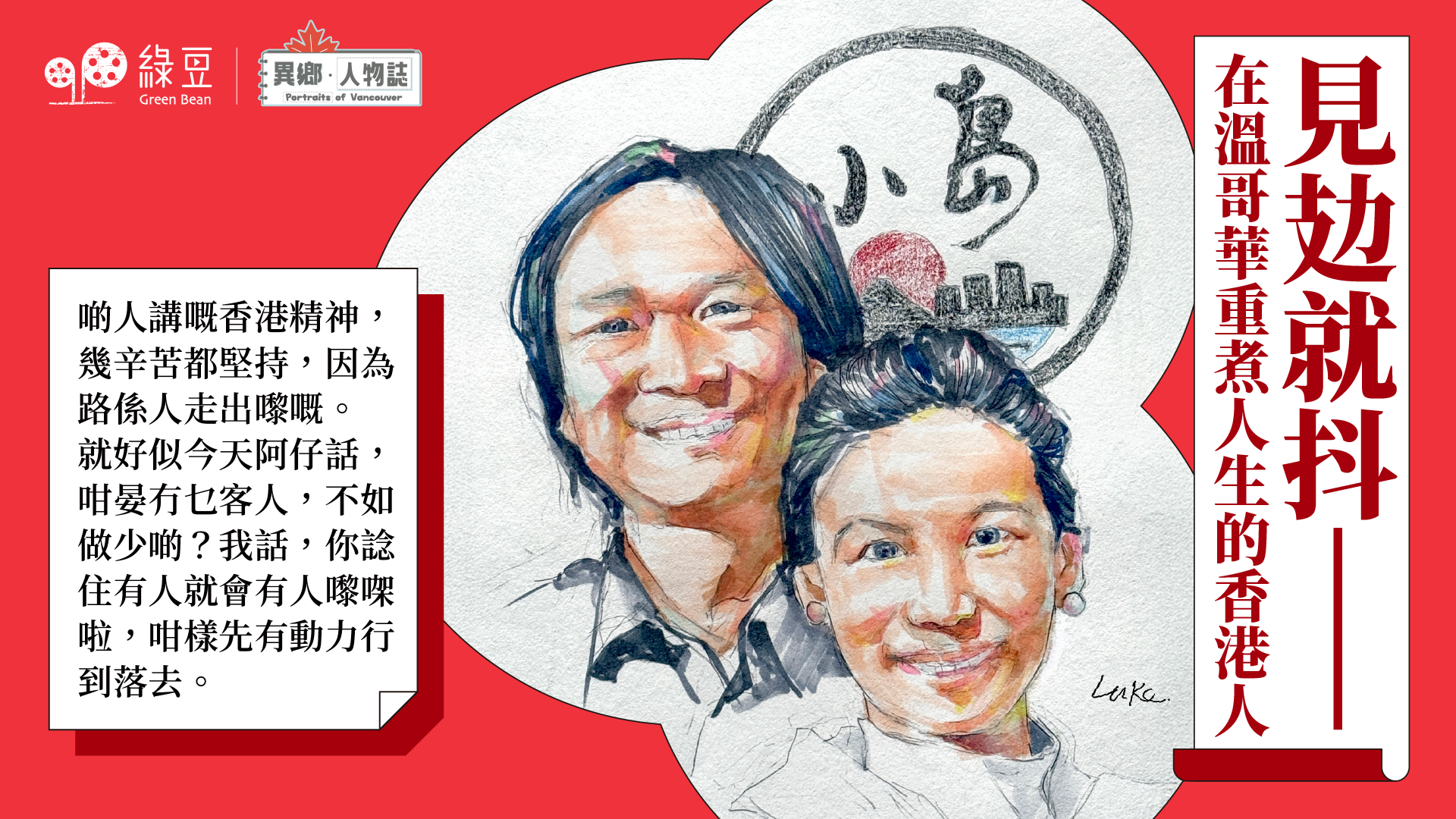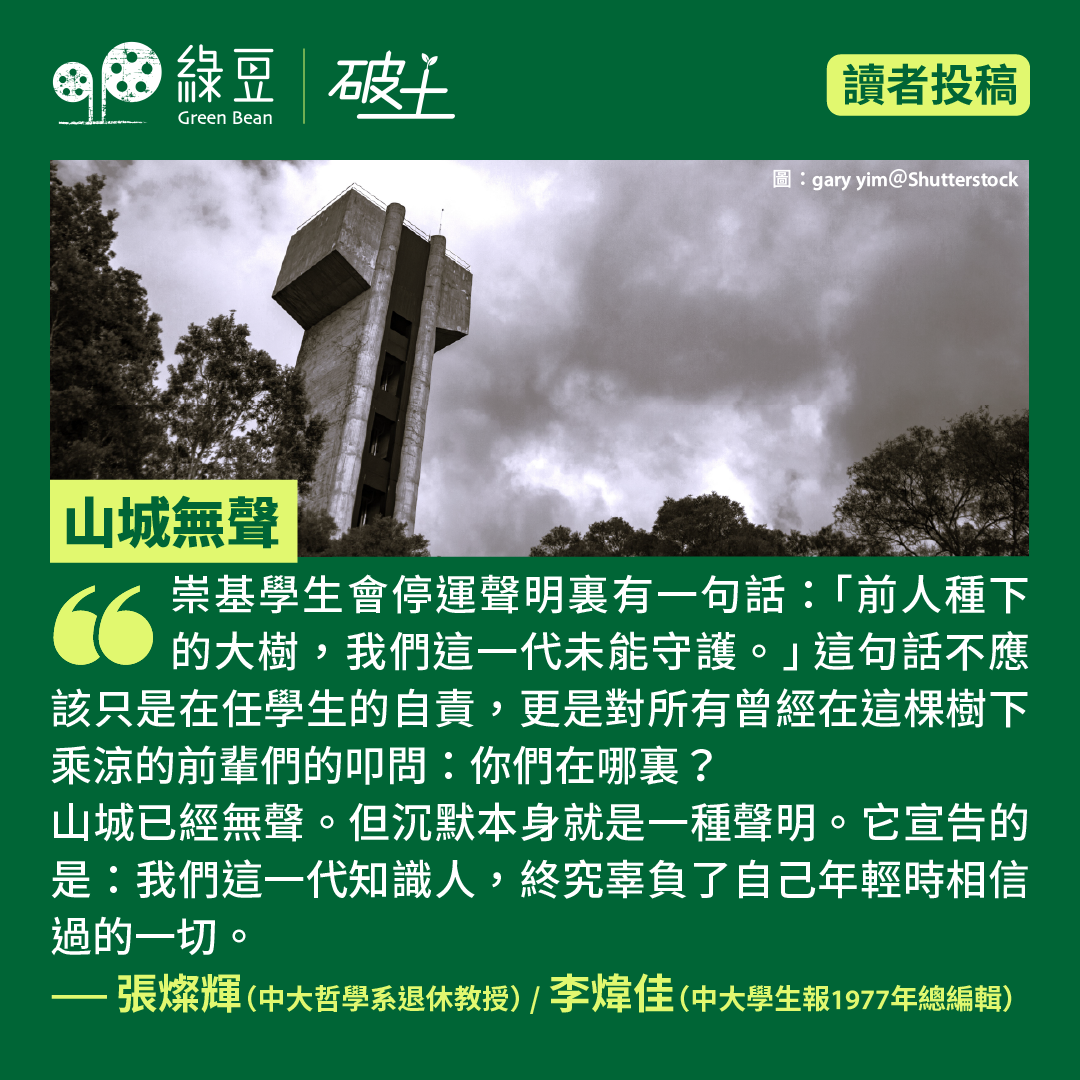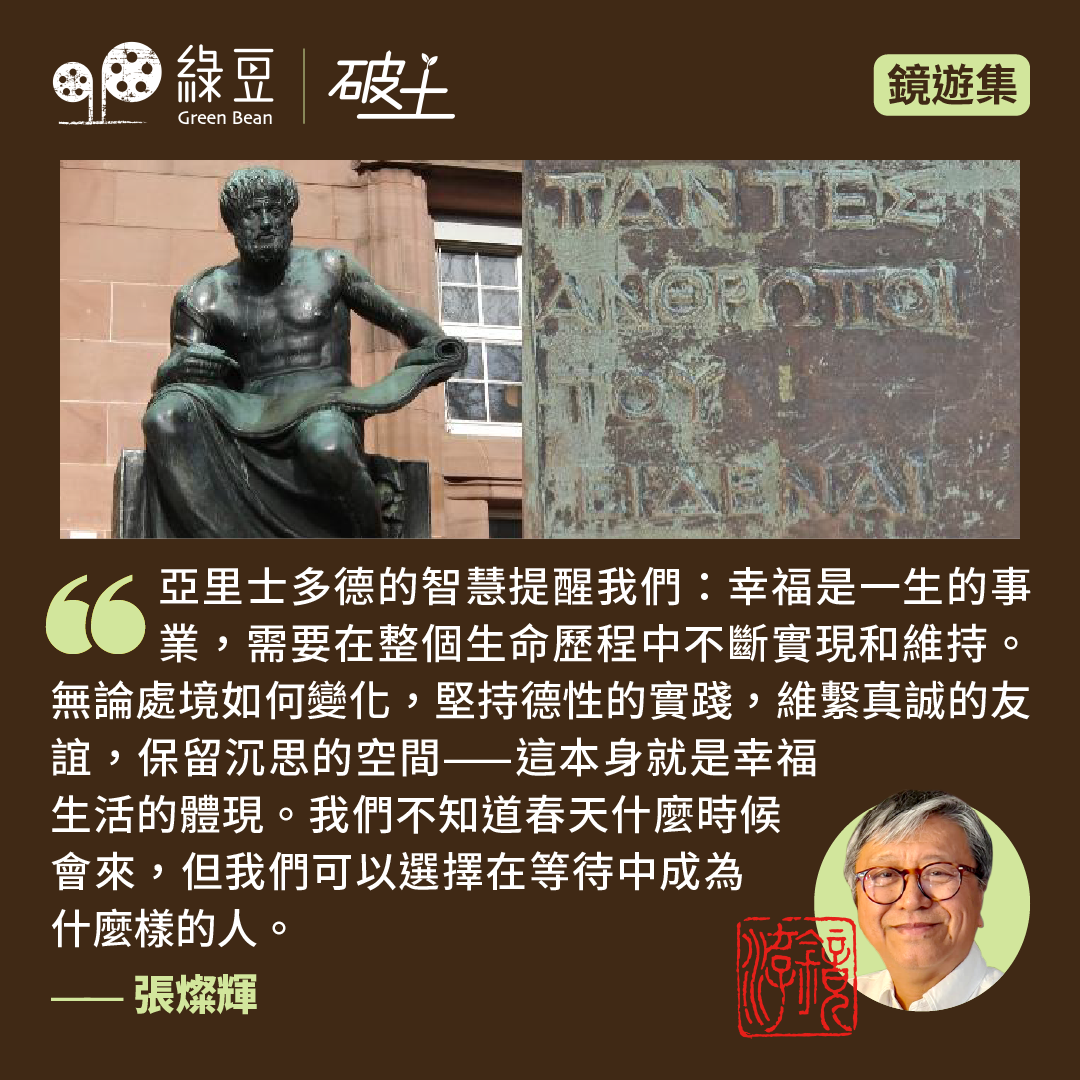A subversion case with no winners, only sadness

What if the trial of a subversion case involving an unofficial Legislative Council “primary” in 2020 was conducted with a jury, instead of being handled by three Hong Kong designated national security judges? Will the verdict be different?
It is now a mere academic question with no practical significance. The fact is the three judges concluded at the end of a 118-day trial on Thursday last week (30/5) the involvement by opposition figures in an unofficial election to preselect legislative council election hopefuls constituted a “grand strategy of subversion” in breach of the Hong Kong national security law.
Trial by jury has been used in courts under a common law system. But the national security law imposed in 2020 states that a jury can be excluded if there is a need to protect state secrets or the safety of jurors and their families, as well as if “foreign forces” are involved.
Citing “foreign forces” and the safety of jurors as reasons, Secretary for Justice Paul Lam signed an order in 2022 for a no-jury trial.
Again, the argument for excluding a jury put forward by Lam will never be proved to be right or wrong.
Unlawful means
Of the 47 people who were charged with subversion, 31 had earlier pleaded guilty. Of the 16 defendants who pleaded not guilty, 14 were convicted. Only two were acquitted. The Department of Justice has filed an appeal against the ruling of the pair.
Last week’s ruling has come as no surprise, judging from the verdict given by the three judges. The judges have largely accepted the prosecution’s argument concerning two important points in contention.
They are whether a conspiracy existed among the participants to subvert state power and whether an indiscriminate vote against the government’s budget constituted “unlawful means” as mentioned in Article 22 of the security law.
In the 318-page judgment, the court concluded that “unlawful means” were not necessarily confined to criminal acts or acts involving the use of force, as argued by the defendants.“The phrase ‘other unlawful means’ referred not just to criminal acts but included means other than ‘by force or threat of force’,” the judges wrote.
It is anybody’s guess on whether a jury would have come to the same conclusion based on the same evidence given in court during the marathon trial.
A list of interesting questions
For the sake of analysis, a list of interesting questions can be asked.
Did the 610,000-odd people who cast a vote in the two-day election “primary” in July 2020 have a slight doubt at that time that they might have taken part in a “conspiracy” to subvert state power? The answer is an obvious no.
Were they certain those who would contest and subsequently be elected in the 2020 Legco election, which was never held, would “indiscriminately veto” the Government’s Budget? The answer is a big question mark.
There is no denying a massive volume of secret exchanges, closed door meetings among the participants had come to light during the trial. They have helped unearthing the truth behind the “primary” election.
Arguably, there is no strong, compelling evidence that can significantly substantiate the “conspiracy” that the judges have alluded to in their verdict.
Ordinary people remain unconvinced why a so-called “indiscriminate veto” of the Budget would necessarily paralyse the Government, force the resignation of the chief executive and spark a constitutional crisis, thus undermining the city’s political system.
To many, the verdict is legally questionable, emotionally unacceptable.
No winners
Fairly speaking, there is no scientific poll on the “primary” case that can shed some light on the people’s ruling on the defendants, i.e, guilty or not guilty. In a society with rule of law and an independent judiciary, the trial must be conducted in court, not by the masses. That said, any government cannot possibly stop people from drawing their own conclusion on a trial on which many people have held strong views.
Secretary for Security Chris Tang said after the ruling was given the “primary” case “is a sad story” with “no winners.”
It cannot be more true. The verdict has added more sadness to the story and caused more damage to relations between the people and Government, the people and the judiciary and society at large.
▌[At Large] About the Author
Chris Yeung is a veteran journalist, a founder and chief writer of the now-disbanded CitizenNews; he now runs a daily news commentary channel on Youtube. He had formerly worked with the South China Morning Post and the Hong Kong Economic Journal.





